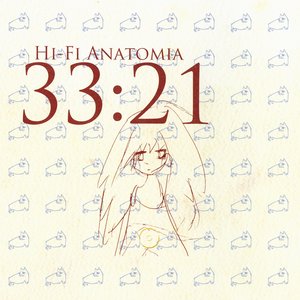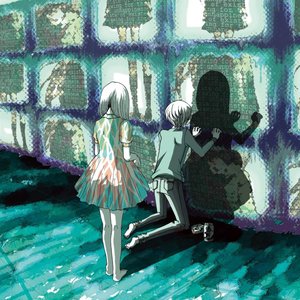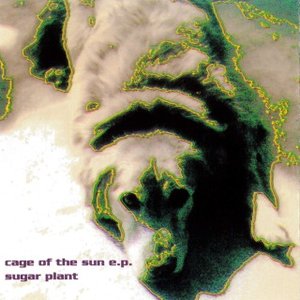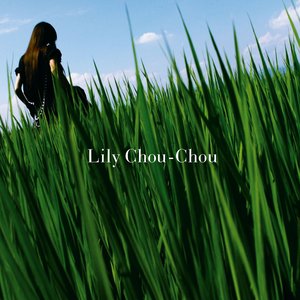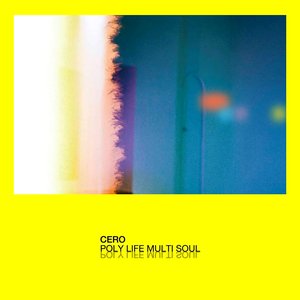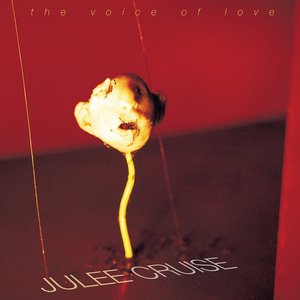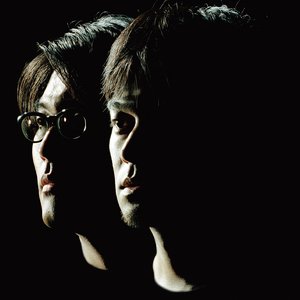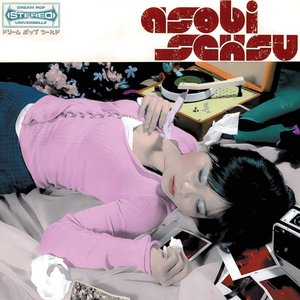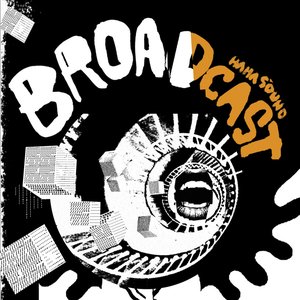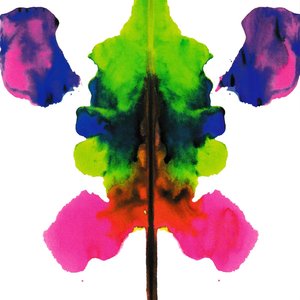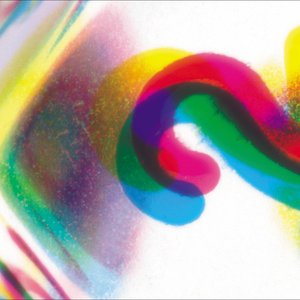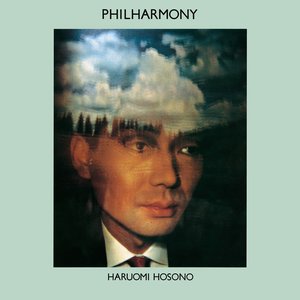Wiki
-
Release Date
24 July 1997
-
Length
8 tracks
宇宙 日本 世田谷 (romanized: Uchū Nippon Setagaya, English: Space Japan Setagaya) is the seventh and final studio album by Fishmans. It was first released on July 24, 1997. This would be the first album Fishmans would record using recording software ProTools, and the last material ZAK would actively work on in conjunction with the band before band leader Shinji Sato's death. As detailed in the CD Extra Dictionary's entry for the album, the album's title was coined by ZAK, which is also described here as a co-producer instead of lead producer.
Despite its cohesive sound, Uchu Nippon Setagaya had a very troubled production history. It was produced at a time when the band was very busy with tours, live events, media appearances and otherwise, making for a very crowded schedule. This was in the face of Polydor's deal with the band, which insisted that they release three albums in two years starting in mid-1995. Work on the album began after the completion of Long Season but boiled down, stalled and continued until early June 1997. This was on top of growing disputes between ZAK and Shinji Sato, both wanting the band's sound to go in a different direction. The band's A&R director, Toshiya Sano, said about the process (translated to English):
"It was painful. If U2 made an album like 空中キャンプ, they wouldn't need to make another album for five years. The band made an album they poured everything into, but now it felt empty. ZAK and everyone else were really tired. (…) Kensuke Ojima, Hakase, and others had already left. I couldn't stop working with the band, and I guess ZAK and Kashiwabara don't give up. But if you're working with Sato you won't be able to be in charge, because you'll be working for him instead."
This was in reference to Sato's creative drive, which continued going strong. After showing demo tapes he'd recorded at home to the group, they were reportedly at a loss. In relation to the demo tapes, Kin-Ichi Motegi said (translated to English):
"Sato's solo work became stronger and he had a hard time dropping it into the band, but the biggest problem was that the demos were too complete to know what to do as a band. What should we add to that? If you add anything to the piece, it would destroy that beautiful world…"
There was a point during this creative process where Motegi and Kashiwabara both agreed that it would be okay to allow Fishmans to continue as Sato's solo unit, allowing everything to be determined by him. This idea hurt the band, however, as they watched one member progress forward as the rest were left behind. The band wanted to continue as a collective band ultimately, especially group producer ZAK who left the band shortly before Uchu Nippon Setagaya's release in late July. During the recording of the album's final song, Daydream, ZAK felt a foreboding of the end of the group with these rising tensions coupled with Sato's creative overdrive. The album's themes focused on loneliness and an observation on the world around Sato, which mirrored his own feelings of helplessness with this rising tension and isolation. Following this record's release, Sato would be the band's lead producer, assisted by mixing engineer Ichizo Nishikawa. The studio they'd recorded their last three albums in, Waikiki Beach, was closed on August 4, 1997, just weeks after the release of Uchu Nippon Segaya as their lease with Polydor ended.
Album descriptions on Last.fm are editable by everyone. Feel free to contribute!
All user-contributed text on this page is available under the Creative Commons Attribution-ShareAlike License; additional terms may apply.

